Rolls-Royce, Pratt & Whitney, Virginia Tech partner on research into impact of airborne particles on aeroengine operation
Green Car Congress
DECEMBER 10, 2022
Rolls-Royce and Pratt & Whitney have signed a joint agreement with Virginia Tech for pre-competitive research focused on the impact of environmental contaminants on aeroengine operation and testing. —Changmin Son, the Rolls-Royce Commonwealth Professor at Virginia Tech.

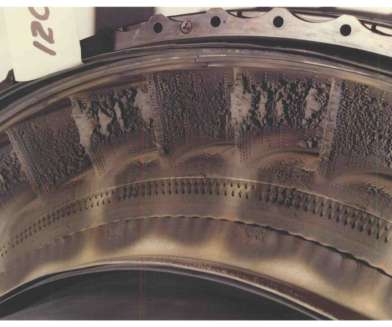






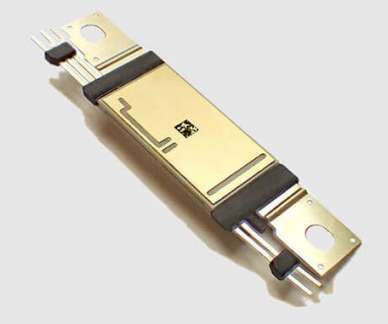


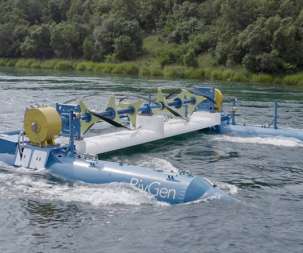
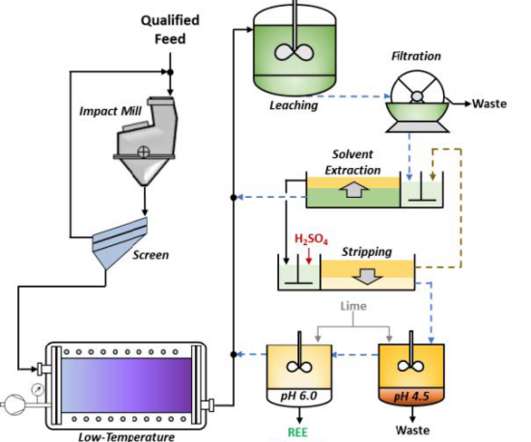





















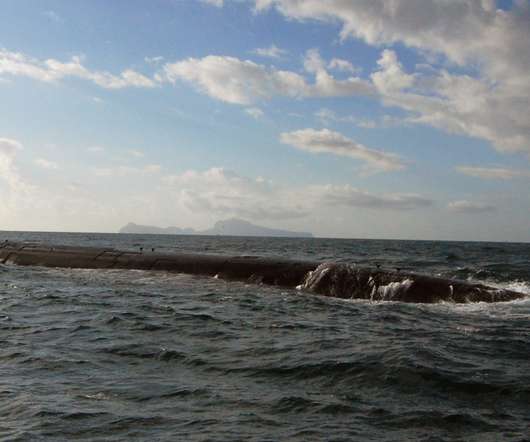








Let's personalize your content